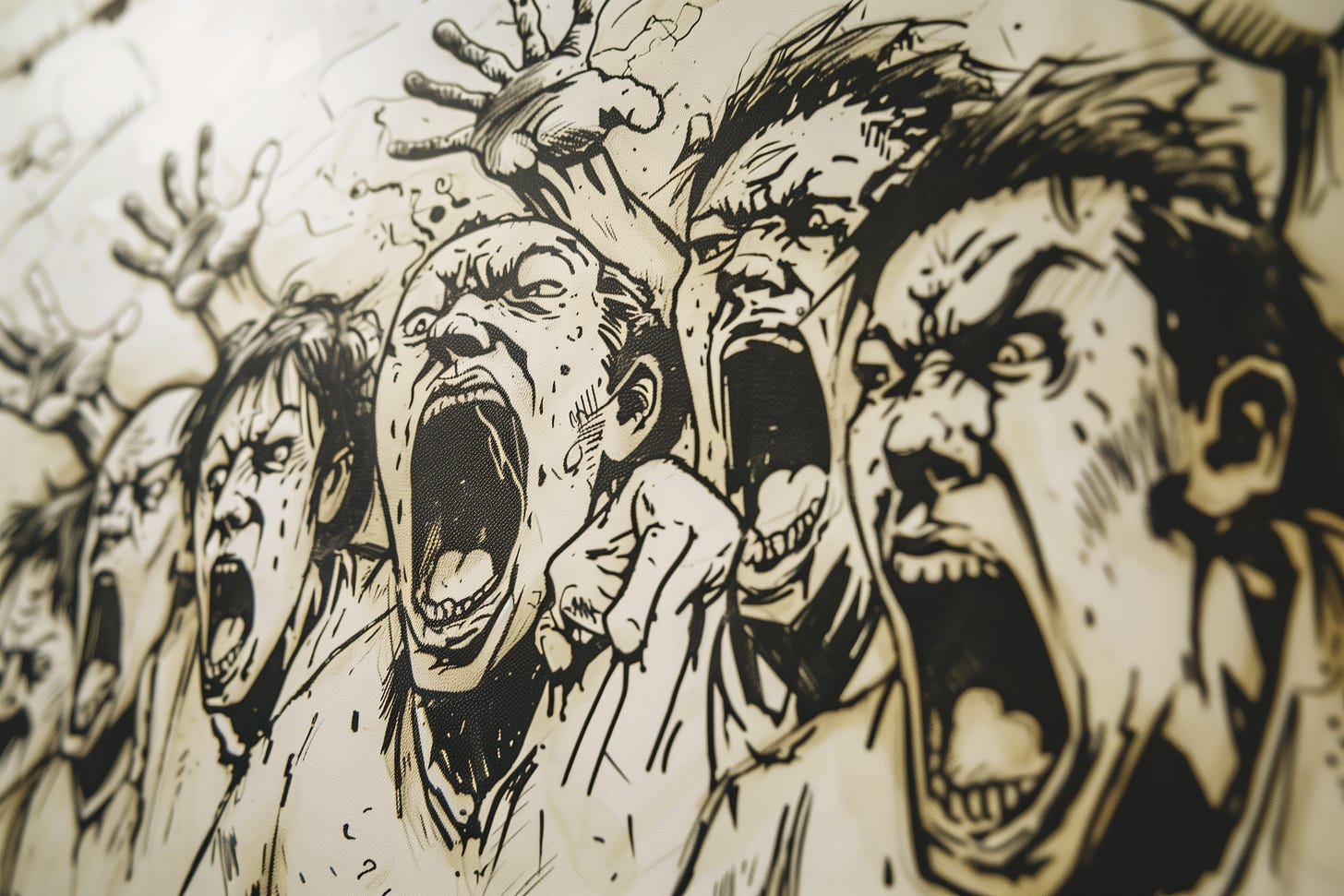The scourge of safetyism
The concept of “safety” has always been a weapon of authoritarians.
I don’t suppose there is anything new in the world. The child saints of medieval Christendom have found a new incarnation in Greta Thunberg. The screaming girls of Salem have returned through the pink-haired activists who point at women and cry “TERF”. And recently, a mayor in Brussels sent the police to shut down political opponents in the name of “public safety” just like, well, every other tyrant in history.
It was Emir Kir, a local mayor in Brussels, who dispatched the police to disrupt the National Conservatism Conference last month. He claimed that the attendees were “far right” and that he had taken this action “to guarantee public safety”. But did he really suppose that these politicians exercising their right to free speech were a threat to anyone? Was Nigel Farage likely to run amok with a truncheon, or was Suella Braverman going to erupt in a frenzy and start nibbling immigrants?
I have only been to Brussels once, and I would probably only return if I were learning Flemish or fancied a waffle. And yet to my best recollection Belgium is not yet an authoritarian police state. We all know that the smear of “far right” is now so promiscuously applied as to be virtually meaningless. But even if we take the mayor’s claims at face value, and he was genuinely concerned that right-leaning figures gathering to discuss politics could grease the slippery slope to widespread public radicalisation, it takes an acute kind of cognitive dissonance to maintain that ordering the police to crack down on freedom of speech and assembly is the best antidote to fascism.
I wonder whether the sinister misuse of language is a deliberate form of goading. When Twitter set up its “Trust and Safety Council” to limit the scope of permissible opinions on its platform, was it consciously echoing the “Committee of Public Safety” of the Reign of Terror during the French Revolution? Was it channelling the spirit of Robespierre who presided over this de facto executive cabinet to impose the une volonté une (“one single will”) that he felt was required to keep his rivals in check?
The claim that “safety” is being jeopardised has become one of the most commonplace tactics of activists. In the workplace, an employer is likely to ignore a complaint that a colleague has expressed a disagreeable opinion. But if the complainant insists that health and safety has been jeopardised, the employer then feels obliged to act. What seems like a legal requirement is simply another example of the exploitation and manipulation of language that lies at the heart of these ongoing culture wars.
Keep reading with a 7-day free trial
Subscribe to Andrew Doyle to keep reading this post and get 7 days of free access to the full post archives.




